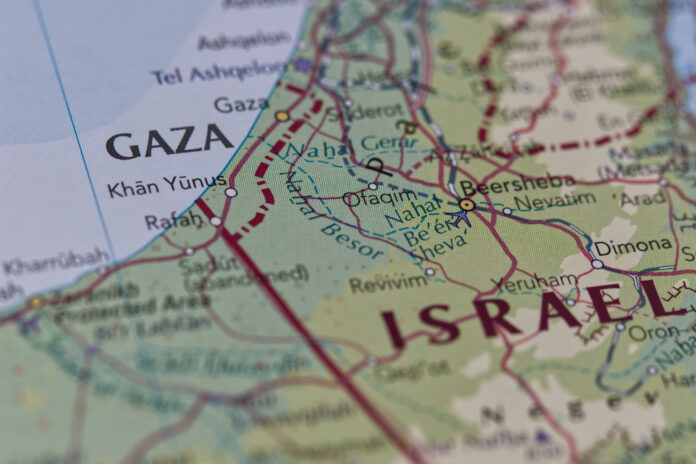A recent agreement facilitated by Beijing to unify Palestinian factions has sparked controversy, with experts accusing China of aligning with terrorist organizations in the Middle East. The deal, announced on July 23, involves 14 Palestinian factions, including Hamas, which the U.S. designates as a terrorist organization. The accord aims to end internal divisions and form a “provisional national reconciliation government” for Gaza.
Wu Zuolai, a U.S.-based China affairs columnist, suggests that China’s involvement is part of a broader strategy to expand its influence and challenge the U.S. and Western interests. “The CCP is pushing forward a united front with terrorist forces in the Middle East as part of a long-term plan to confront the West,” Wu said, drawing a parallel to China’s recognition of the Taliban in Afghanistan.
The Chinese Communist Party (CCP) has been mediating between Palestinian factions, attempting to bridge gaps between Hamas and Fatah. This recent mediation follows previous talks hosted by China in April and the postponed round in June.
Israeli Foreign Minister Yisrael Katz criticized the agreement, accusing Palestinian leader Mahmoud Abbas of aligning with Hamas and thus embracing terrorism. Katz expressed skepticism about the effectiveness of the agreement, asserting that Israel will maintain control over its security in Gaza.
Shi Shan, a senior contributor to *The Epoch Times*, argued that China’s primary interest is not regional peace but manipulating Middle Eastern factions to advance its own agenda. “The CCP is using its financial resources and influence to sway terrorist organizations to serve its strategic needs,” Shi said.
In response to the agreement, U.S. State Department spokesperson Matthew Miller stated that the department had not yet reviewed the specifics but reiterated that Hamas remains a U.S.-designated terrorist organization. He emphasized that Washington opposes any role for Hamas in Gaza’s post-war governance.
Wu further noted that China’s aggressive diplomatic moves may be driven by fears of potential geopolitical shifts, including a possible return of former President Donald Trump to office. Despite these tactics, Wu remains doubtful about their sustainability given China’s current economic challenges.
Shi added that the global political landscape, particularly the intensifying U.S.-China rivalry, will shape the effectiveness of China’s international maneuvers. “China’s next dilemma will be its confrontation with the U.S., and international relations will likely revolve around this central conflict,” Shi predicted.




